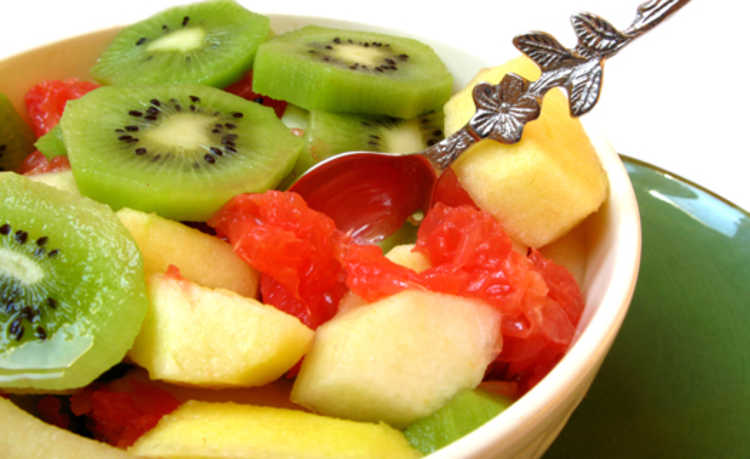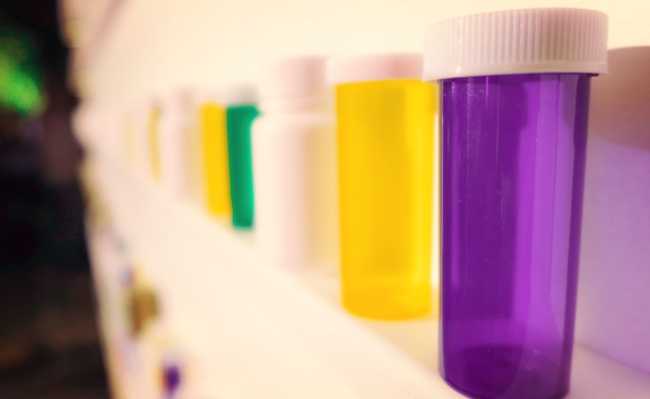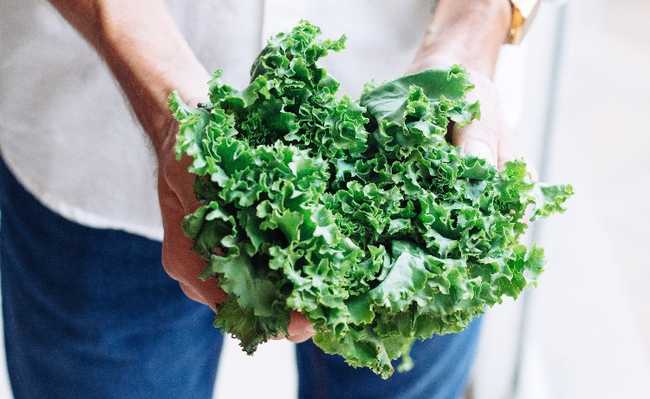Homemade and natural mouthwash
Discover five mouthwash recipes to make at home. Learn how to make and how to use natural formulas

Edited and resized image of Superkitina, is available on Unsplash
The use of mouthwash can benefit the health of teeth and gums. But the conventional products in markets and pharmacies contain alcohol and chlorhexidine, which makes their use experience not the most pleasant and can even negatively affect tooth enamel. Also, some of them are tested on animals. One way to avoid animal cruelty, stinging and toxic additives, preservatives and artificial colors is to make a natural, homemade mouthwash. You save, reduce your waste production (since you will use reusable packaging) and even avoid harmful substances.
There are several recipes for homemade mouthwash. All of them combine the properties of several natural substances and bring benefits to your oral health, fighting tooth decay and gingivitis. One of the simplest recipes, with baking soda and essential oils of peppermint and tea tree, combines the basic properties of bicarbonate with the bactericidal action of peppermint and antiseptic action of tea tree (also called tea tree tea tree or tea tree).
Mint neutralizes bad breath and also fights bacteria that cause cavities, an action that makes the herb so commonly used in industrialized products for the mouth. When making natural cosmetics, the advantage is that you use the essential oil of mint, which is natural and chemical free.
There are also homemade mouthwash options that take cinnamon and lemon, which are three other bactericidal ingredients, which help in cleaning and also combat bad breath and gingivitis. Both lemon and baking soda have a strong action, so be careful with the amounts and apply sparingly. Regardless of the recipe you make, always be very careful not to swallow the solutions!
- Preservatives: what are they, what types and dangers
- The various uses of sodium bicarbonate
- Peppermint Essential Oil: 25 Benefits
- Tea tree oil: what is it for?
- Tea tree essential oil provides health benefits
- Benefits of mint and its tea
- How to get rid of bad breath naturally
See how to make and how to use homemade and natural mouthwash:
1. Rinse with baking soda and essential oils
- A bottle with a lid (preferably glass and sterilized)
- ½ cup (of tea) of filtered or distilled water
- 2 teaspoons of baking soda
- 2 drops tea tree essential oil (same as tea tree)
- 2 drops of peppermint essential oil
The video explains the recipe.
2. Mouthwash with vinegar
- 1 cup of tea of water
- 2 tablespoons of apple cider vinegar
- 1 glass bottle
3. Rinse with lemon and cinnamon
- 2 lemon juice
- ½ tablespoon of cinnamon powder
- ½ teaspoon of baking soda (helps even more with whitening)
- A clean glass bottle with a lid
4. Herbal mouthwash
- 2 cups of boiling water
- 1 tablespoon of whole cloves
- 2 tablespoons of rosemary
- Optional: 2 drops of Oregon grape root extract (or 2 tablespoons of fresh or dried root)
- 17 amazing benefits of cloves
5. Simple rinse with essential oils
- 1 cup of tea of water
- 20 drops of assorted essential oils
- 1 clean glass bottle
- Rosemary: benefits and what it is for
- How to plant rosemary?
- Rosemary tea: what is it for?
- What is rosemary essential oil for?










